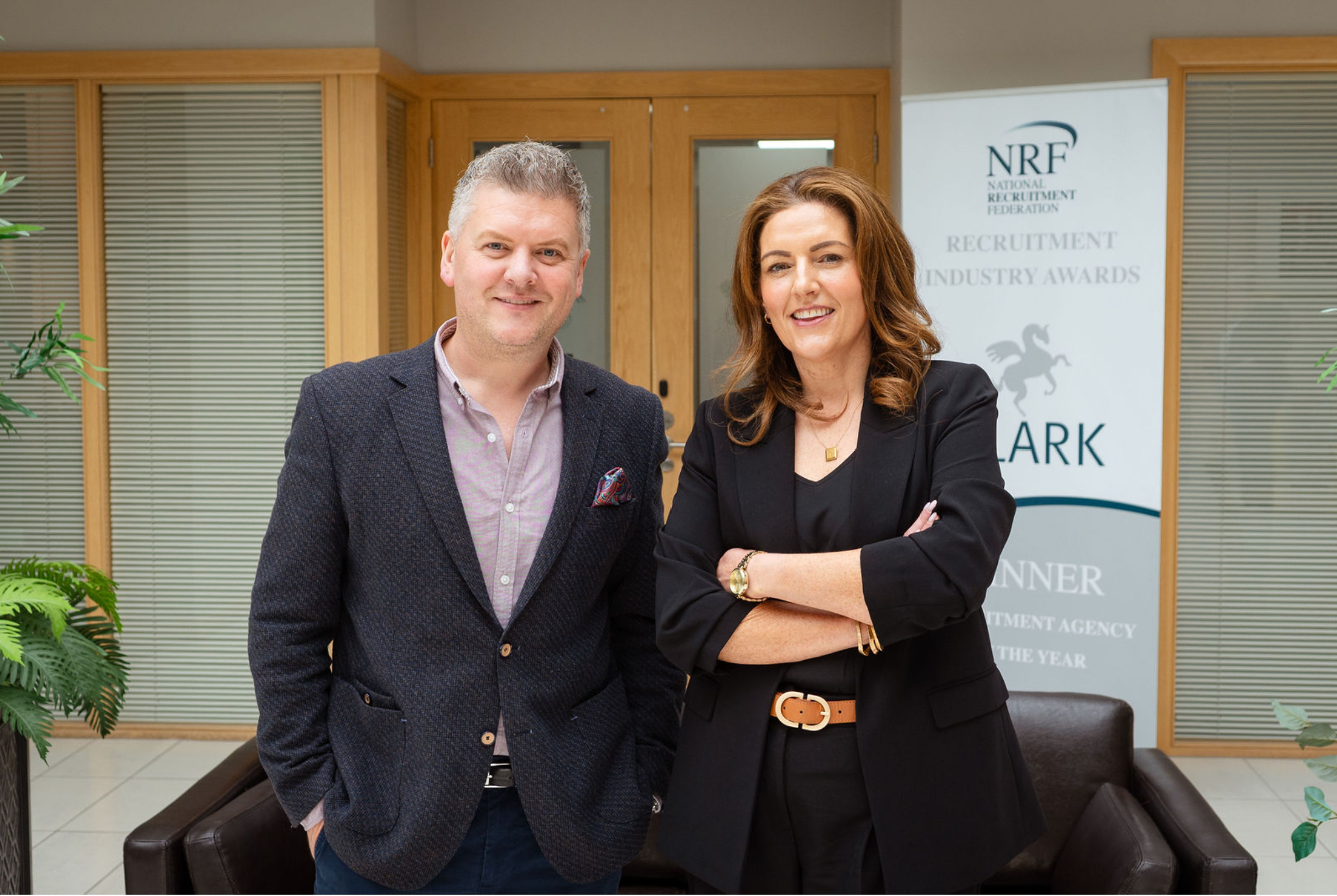
Interviewing Skills for Hiring Managers and Businesses
Understanding the Purpose of Interviews:
Before delving into the specifics of interviewing techniques, it’s essential to grasp the fundamental purpose of interviews. Interviews serve multiple objectives, including assessing a candidate’s qualifications, evaluating their cultural fit, gauging their communication skills, and predicting their potential performance within the organization. By understanding these objectives, hiring managers can tailor their approach to extract relevant information effectively.
Preparing for the Interview:
Preparation is key to conducting successful interviews. This involves not only familiarizing oneself with the candidate’s resume but also defining the criteria for evaluation, crafting thoughtful questions, and establishing an inviting atmosphere conducive to open dialogue. Additionally, preparing a structured interview plan ensures consistency and fairness in the evaluation process, minimizing bias and subjectivity.
Building Rapport and Creating a Positive Environment:
Building rapport with candidates is essential for fostering open communication and putting them at ease during the interview. Simple gestures such as greeting them warmly, maintaining eye contact, and actively listening to their responses can go a long way in establishing rapport. Creating a positive environment encourages candidates to showcase their true abilities and personality, leading to more insightful evaluations.
Asking Effective Questions:
The questions posed during an interview play a pivotal role in eliciting valuable information about the candidate. Effective questions are open-ended, behaviorally-based, and tailored to the specific requirements of the role. Behavioral questions, in particular, prompt candidates to provide examples of past experiences, allowing hiring managers to assess their competencies and problem-solving abilities more accurately.
Active Listening and Nonverbal Communication:
Active listening is a critical skill that enables hiring managers to engage with candidates attentively and extract meaningful insights from their responses. Nonverbal cues such as body language, facial expressions, and tone of voice also convey valuable information about a candidate’s confidence, sincerity, and emotional intelligence. By honing these skills, interviewers can gain a deeper understanding of the candidate beyond their words.
Evaluating Cultural Fit:
Assessing cultural fit is essential for ensuring alignment between the candidate’s values, attitudes, and the organization’s culture. This involves probing beyond technical skills and qualifications to understand how well the candidate’s personality and work style align with the company’s values, mission, and work environment. Behavioral interviewing techniques and scenario-based questions can help gauge cultural fit more effectively.
Mitigating Bias and Promoting Diversity:
Bias can significantly impact the fairness and validity of the interviewing process, leading to suboptimal hiring decisions. Hiring managers must be vigilant in recognizing and mitigating biases stemming from factors such as race, gender, age, or background. Implementing structured interview protocols, diverse interview panels, and blind resume screening can help minimize bias and promote diversity within the organization.
Providing Constructive Feedback:
Effective feedback is instrumental in fostering continuous improvement for both candidates and hiring managers. Providing timely and constructive feedback to candidates not only enhances their experience but also enables them to identify areas for growth and development. Likewise, soliciting feedback from candidates about the interview process can offer valuable insights for refining future practices and enhancing the overall candidate experience.
Mastering the art of interviewing is a continuous journey that requires ongoing learning, adaptation, and refinement. By adopting a strategic approach, honing essential skills, and embracing best practices, hiring managers and businesses can elevate their interviewing process, attract top talent, and cultivate a culture of excellence within their organizations. As the workforce landscape continues to evolve, investing in effective interviewing techniques remains a cornerstone of successful talent acquisition and retention strategies.












